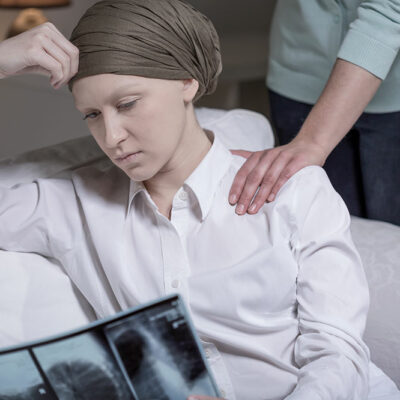
How Genetic Factors Influence Prostate Cancer
There are several causes of prostate cancer happens. It could be age, certain lifestyle habits, or even certain exposures. Moreover, doctors believe that genetics play a vital role in influencing the development of prostate cancer. But how are the two related? What can one do to prevent this? In this article, we will be discussing how genes influence prostate cancer.
1. What is prostate cancer?
Prostate cancer is a type of cancer that takes place in the prostate – a gland that produces the fluid from the semen. When cells in the prostate gland begin multiplying abnormally, cancer happens. Sometimes, a man may not experience any symptoms, whereas sometimes, there are symptoms such as difficulty urinating, pain while sitting, and blood in the urine. Several factors, including genetics, age, and eating habits, may cause this condition.
2. How do genetics play a role in prostate cancer?
Certain gene transformations tend to increase one’s risk of developing prostate cancer. Mutations in genes BRCA1 and BRCA2 have been observed in women with breast and ovarian cancer. However, it can also cause prostate cancer in men. Moreover, when a person develops hereditary non-polyposis colorectal cancer, they undergo a few genetic mutations. This, too, can increase one’s risk of developing prostate cancer. Changes in DNA repair genes such as CHEK2, ATM, PALB2, and RAD51D may also play a role in increasing one’s risk. Additionally, mutations in the gene HOXB13 have also been linked to the development of prostate cancer.
3. Inheritance
For many years, doctors have been trying to figure out the link between inheritance and prostate cancer. Although this type of cancer can occur without a family history, when one’s father, son, or brother has been diagnosed with prostate cancer, one’s risk of developing the condition increases. This is because even one mutated gene copy of the BRCA1, BRCA2, and HOXB13 can increase one’s risk. Moreover, the age at which the family member was diagnosed is also an essential factor in determining how great the risk is.
4. Genetic testing
A urologist may suggest genetic testing if one’s close relative has developed prostate cancer, or two or more relatives have developed breast or ovarian cancer. A simple blood test or a saliva sample is good enough to get the job done. If one’s results are positive, they can visit a genetic counselor to help them understand what they need to do. People who have cancer that has spread beyond the prostate are also advised to undergo genetic testing.
Along with genetics, several other factors increase the chances of prostate cancer. Bad lifestyle habits such as smoking, excess weight, and lack of physical activity can increase one’s risk of developing cancer. One must exercise a few times a week, quit smoking, and indulge in a healthy lifestyle to reduce the risk.


